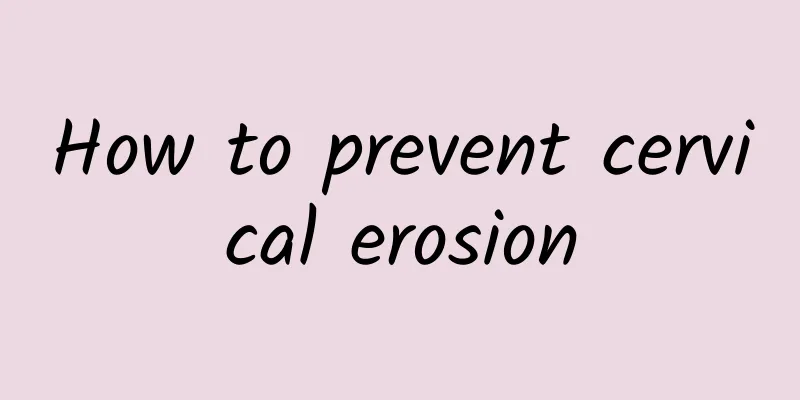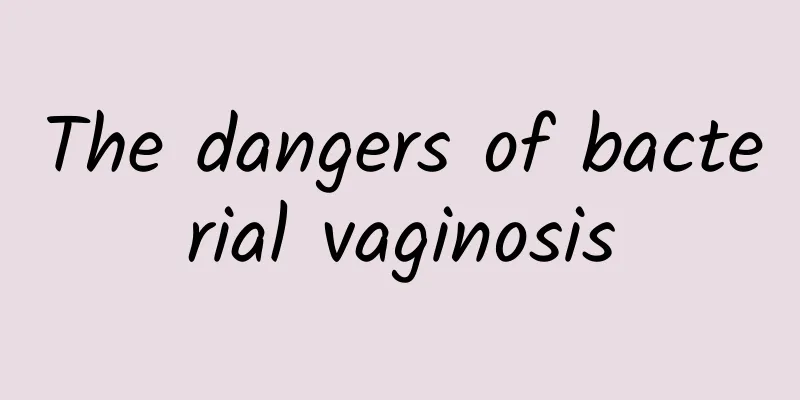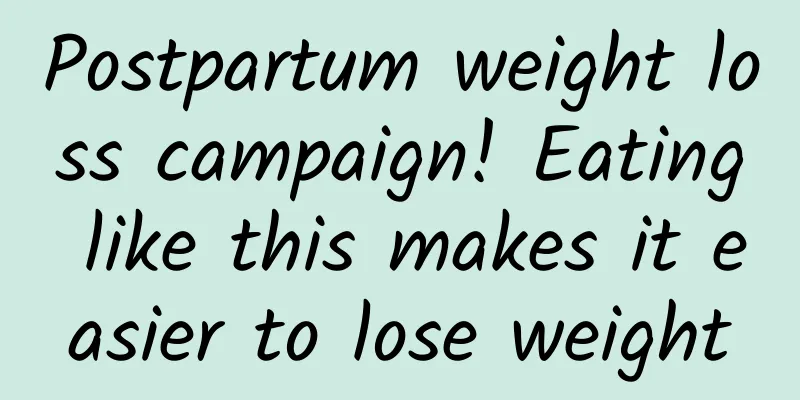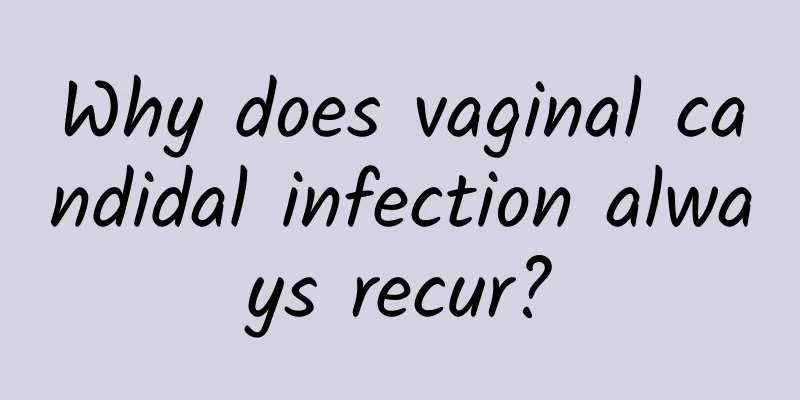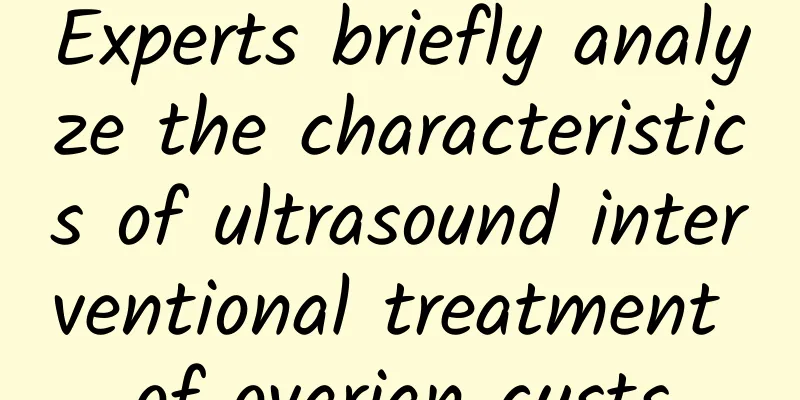Is it not just the brain that is to blame for gluttony, but the cerebellum is also an accomplice? Study: Cerebellum also affects appetite control, stimulating nerves can prevent weight gain
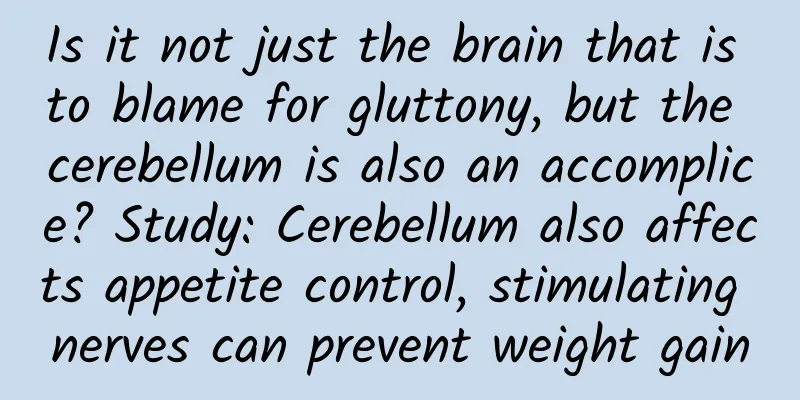
|
Overeating can lead to obesity, and it may not just be the brain that is to blame, the cerebellum may also be an accomplice! According to the latest multinational experimental research published in the journal Nature, the cerebellum also affects appetite control, which not only subverts everyone's imagination, but also brings new development directions for future obesity treatment drugs. The latest US study: Cerebellum affects appetite control The National Institutes of Health recently published a study pointing out that the latest discovery of brain cells can effectively suppress hunger and control food intake. This discovery will bring more exciting new treatments for obesity and overeating. Currently, scientific weight loss focuses more on explaining the impact of the "brain" on appetite. "Weight loss in the brain", "deceiving the brain to lose weight", "fat brain", etc. are all aimed at regulating and controlling the brain. But, surprisingly, the cerebellum may influence appetite control, according to a new multinational study. And it was published in the well-known journal Nature on November 17 this year. The connection between the cerebellum and satiety signals will drop a bombshell in the field of diet control! The National Institutes of Health recently published a study pointing out that the latest discovery of brain cells can effectively suppress hunger and control food intake. It is well known that the main cause of obesity is eating disorders. In addition to its digestive function, the gastrointestinal nervous system of the human body also secretes gastrointestinal hormones, which in turn stimulate the hunger center and satiety center of the hypothalamus in the brain. In addition, gastrointestinal hormones also affect the striatum that controls the reward system, making people feel satisfied after tasting delicious food. Therefore, current treatment and control of obesity are all aimed at regulating the hypothalamus, striatum and other parts of the brain, thereby controlling appetite and controlling eating. The latest findings of this multinational study completely overturn previous imaginations and discovered a new relationship between the cerebellum and satiety signals. This is a breakthrough in the field of obesity treatment and a brand new field in cerebellum research! Previous cerebellum research has mainly focused on sensory functions, motor control, and cognitive functions, and has affected coordination, accuracy, and continuity in movement control. This study discovered a connection between the cerebellum and the control of eating behavior, which will undoubtedly expand cerebellum research to new areas and may also bring possible breakthroughs in the treatment of obesity and obesity. The cerebellum may influence appetite control, according to a new international study. And it was published in the well-known journal Nature on November 17 this year. The connection between the cerebellum and satiety signals will drop a bombshell in the field of diet control! Taiwanese professors lead the way across international research institutions Led by Albert I. Chen, associate professor at the San Diego Biomedical Research Institute (Scintillon Institute), J. Nicholas Betley, assistant professor of biology at the University of Pennsylvania, and Aloysius YT Low, a postdoctoral researcher, a team of 12 international research institutions conducted further research on the common characteristics of patients with Prader-Willi syndrome (commonly known as "Prader-Willi") in the mouse cerebellum. The surprising discovery was that a subset of neurons in the anterior deep cerebellar nuclei (aDCN) in the mouse cerebellum sends out satiety signals after eating! Associate Professor Chen Yiming, who led the research team, said: "This discovery is really amazing. The research team has been studying brain nerves for more than a decade, and never thought that the cerebellum, which is traditionally known as a motor coordination organ, would be related to appetite." To further understand the role of the cerebellum in suppressing hunger, the research team collaborated with Harvard Medical School (Drs. Laura Holsen, Roscoe Brady, Mark Halko) to use MRI data from patients with Prader-Willi syndrome to look for differences in how patients respond to food. The results showed that differences in cerebellar function among patients led to significant differences in their responses to food. This shows that similar results can be found not only in mice but also in humans. New discovery of cerebellum in regulating food intake, no need to worry about rebound and weight gain The study found that stimulating neurons in the cerebellum of mice had a "huge" effect, with the mice eating 50-75% less food at each meal, just as often as normal mice. The details of the study show that stimulating the neurons in the aDCN of the mouse's cerebellum caused a dramatic decrease in both the amount of food in front of them and the amount they actually ate! Conversely, if their neurons were inhibited, the mice ate more than usual. What’s even more amazing is that by stimulating the cerebellum neurons, it may be possible to avoid “retaliatory weight gain”! In past weight loss cases, due to reduced food intake, the reward system, the striatum, was not satisfied, so the suppressed desire may lead to revenge eating in the future, causing weight gain again. However, stimulation of the cerebellar aDCN also increases striatal dopamine and weakens the subsequent dopamine phase of food consumption; that is, it satisfies the expectations of the reward system while reducing the satisfaction felt when digesting food and the satisfaction with food. By stimulating the cerebellum neurons, it will be possible to avoid "retaliatory weight gain"! Non-invasive treatment is expected to bring new hope to patients with obesity and Prader-Willi syndrome To avoid the use of invasive treatments, the findings of this study will lead to further research on non-invasive treatments, bringing affordable and safe treatment solutions to obese and Prader-Willi patients. Non-invasive treatments include: Ultrasound, Transcranial Magnetic Stimulation (TMS), and Transcranial Direct Current Stimulation (tDCS). These three treatment methods have been maturely applied in various fields in Taiwan, such as ultrasound craniotomy for Parkinson's disease. Currently, non-invasive surgery and transcranial magnetic stimulation for treatments such as stroke have been achieved in Taipei Medical College and Show Chwan Hospital; while Veterans General Hospital and Mackay Memorial Hospital have painless treatments and transcranial direct current stimulation for treatments such as depression; and major hospitals such as the Tri-Service General Hospital have all had mature applications. If there are further discoveries in clinical treatment in the future, Taiwan can expect simultaneous application, which will be a great boon for obese people. Research source: Nature journal content |
Recommend
Abortion diagnosis and treatment
Abortion is a very common phenomenon. Many women ...
Dietary precautions for cervical erosion
As long as women have sex, more than 80% of them ...
What are the common causes of threatened miscarriage?
What are the common causes of threatened abortion...
How to prevent cervical hypertrophy?
How to take preventive measures against cervical ...
How can women prevent amenorrhea?
How to prevent amenorrhea? I believe many women h...
Build muscle men's boxing aerobic abdominal and waist shaping
Muscles represent strength. The rapid explosive p...
How should we identify whether a woman has an ectopic pregnancy?
The identification of ectopic pregnancy firstly c...
To prevent dysmenorrhea, pay special attention to keeping warm
The prevention of dysmenorrhea is a problem that ...
How can married women prevent cervical erosion? Self-examination of 5 symptoms of cervical erosion can help prevent it
Cervical erosion is common in women of childbeari...
Older women experience ectopic pregnancy
Yue Yue, female, 42 years old, went to the hospit...
How to improve the cure rate of threatened abortion
How to improve the cure rate of threatened aborti...
How to treat women during menopause
How to treat women in menopause? This is a questi...
Is cervical erosion related to men's hygiene?
Cervical erosion is indeed related to men's h...
What to do if your menstrual flow is light, long and continuous?
A small amount of menstrual flow and a long durat...
What are the key points to pay attention to in preventing vaginitis?
The frequency of vaginitis has become increasingl...


